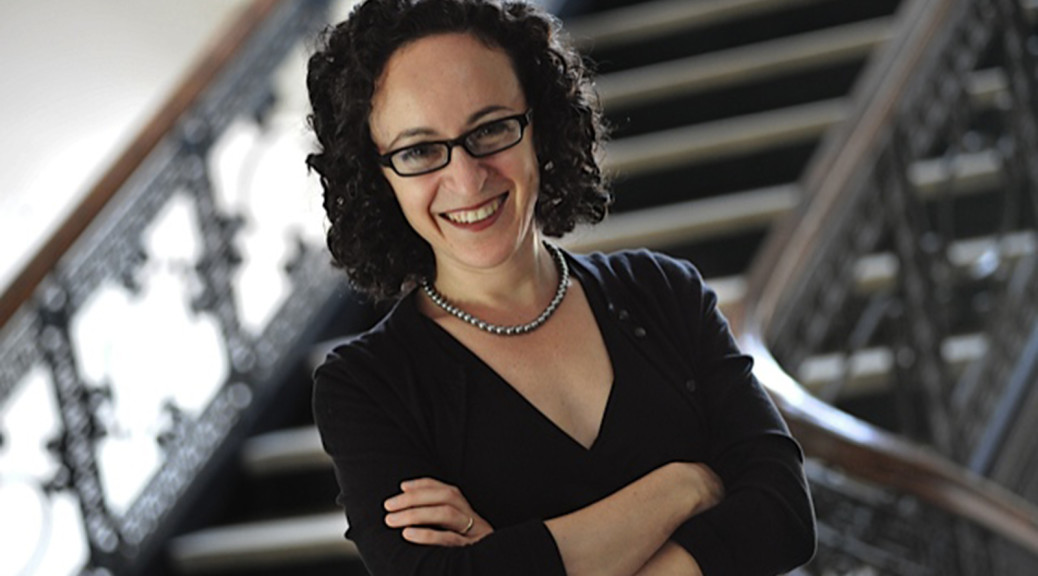RACHEL ADAMS
Professor of English and Comparative Literature
I strongly believe in service learning and I wish that Columbia were more supportive of it because I think it’s very transformative for my students. Columbia has this policy that I dislike, that it should just come from your heart and that you do service as extra giving on top of your work for the course. I have expressed my discomfort with that policy. I think it makes the class inaccessible to people who are paying for every credit at Columbia and need to work and do internships during their time here. I have not figured out how to reconcile that institutional problem. So I’m teaching a class with service this spring, but I’m not especially comfortable with it. This semester I will be thinking through how I want to proceed with that. But I have felt like IRWGS, CSSD [Center for the Study of Social Difference]—Columbia has been very supportive of my desire to work in the field of disability studies. They’re not huge resources, but I have been able to find resources to do a lot here. The people who these events and meetings bring in are not largely Columbia people. So there is still not a big community at Columbia that cares at all about disabilities. IRWGS and CSSD are very happy to have that included as one of their differences, but there’s not a huge intellectual interest in it. I hope that will evolve, especially as we build connections with people doing medical humanities type work. At the moment, the audiences come often largely from the rest of the city and not from this institution. I would like to continue to build disability studies at Columbia. That would be a very meaningful legacy for me to leave here. I wish that there were a more robust community here.
I have had two chapters of my involvement with disability studies; first with the popular culture, and my work on freak shows, and the history of disability, and then coming back more as an advocate through my experiences as a parent. It has been really transformative to me. In the tradition of IRWGS, it has been an opportunity for me to bring together my intellectual life and also my work as a teacher, and an advocate, and an activist, in ways that have been very meaningful and I think have been helpful to students and others on this campus. But it’s definitely a work in progress.

